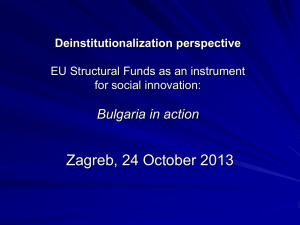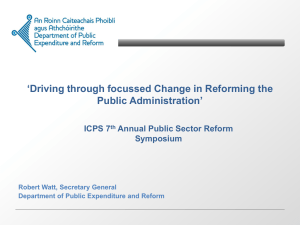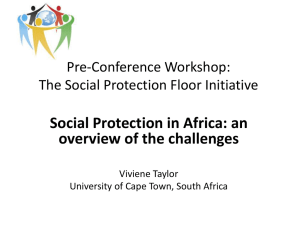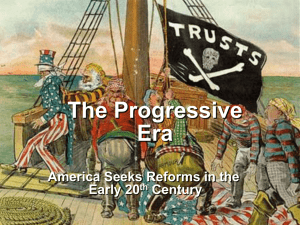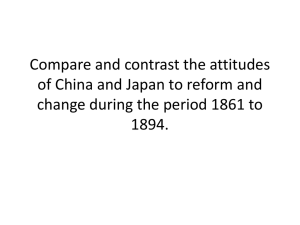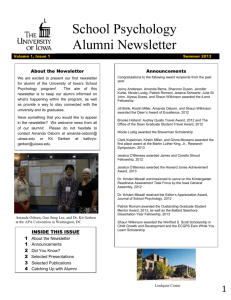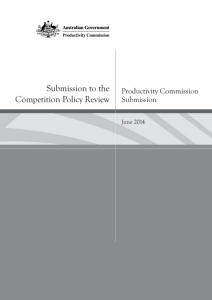Reframing the Politics and Knowledge Base of Education Reform
advertisement
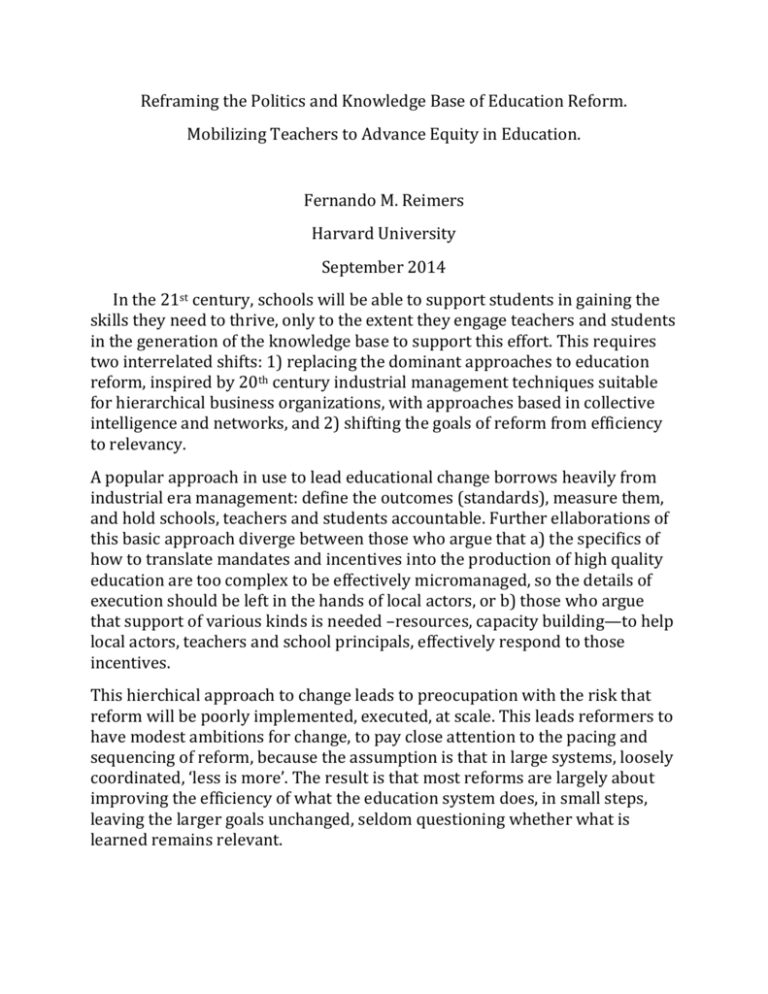
Reframing the Politics and Knowledge Base of Education Reform. Mobilizing Teachers to Advance Equity in Education. Fernando M. Reimers Harvard University September 2014 In the 21st century, schools will be able to support students in gaining the skills they need to thrive, only to the extent they engage teachers and students in the generation of the knowledge base to support this effort. This requires two interrelated shifts: 1) replacing the dominant approaches to education reform, inspired by 20th century industrial management techniques suitable for hierarchical business organizations, with approaches based in collective intelligence and networks, and 2) shifting the goals of reform from efficiency to relevancy. A popular approach in use to lead educational change borrows heavily from industrial era management: define the outcomes (standards), measure them, and hold schools, teachers and students accountable. Further ellaborations of this basic approach diverge between those who argue that a) the specifics of how to translate mandates and incentives into the production of high quality education are too complex to be effectively micromanaged, so the details of execution should be left in the hands of local actors, or b) those who argue that support of various kinds is needed –resources, capacity building—to help local actors, teachers and school principals, effectively respond to those incentives. This hierchical approach to change leads to preocupation with the risk that reform will be poorly implemented, executed, at scale. This leads reformers to have modest ambitions for change, to pay close attention to the pacing and sequencing of reform, because the assumption is that in large systems, loosely coordinated, ‘less is more’. The result is that most reforms are largely about improving the efficiency of what the education system does, in small steps, leaving the larger goals unchanged, seldom questioning whether what is learned remains relevant. As a result, the systems that most succeed at those efficiency reforms, are those least able to induce innovation enhancing reforms, because the instruments used to achieve efficiencies, and the short-term orientation that they reinforce, crowd out the innovation and long range perspective that are necessary for adaptive reforms. There is a real zero sum dynamic between closing ‘achievement gaps’ in the core academic subjects, and generating the innovative learning environments that foster collaboration, problem solving, creativity, tolerance, global mindedness or entrepreneurship among students. Drawing from the emerging field of ‘collective intelligence’ I have proposed the creation of systems that effectively engage the knowledge of practitioners –teachers and school principals—in the definition of education purposes, and in the development of pedagogies and curriculum that prepare students for the 21st century (Reimers 2014 and Reimers and Villegas-Reimers 2014). We live at a time of unprecedented opportunities for educational innovation, it easier for ordinary people –often in small groups—to take on challenges in the past reserved for governments. There is great promise in the study of these grassroots innovations that are helping students develop the competencies they need in the 21st century, cases of success against the odds. In addition to the study and dissemination of good education practice, and in addition to the different professional learning communities which can be structured to facilitate an appropriate transfer of those practices across contexts, educational inclusion could be accelerated by the promotion of innovation through improvement networks that engage those innovators to collaborate in a ‘collective mind’ that can take on challenges too complex to tackled by each of them individually. Reimers. Innovation, Scale and Disruption to Advance Equity in Education. UNICEF, The State of the World’s Children 2014: Innovation for Children, Innovation for Equity (forthcoming November 2014) Reimers, F. and Villegas-Reimers. Getting to the Core and Evolving the Education Reform Movement to a System of Continuous Improvement [forthcoming New England Journal of Public Policy. 2014]


